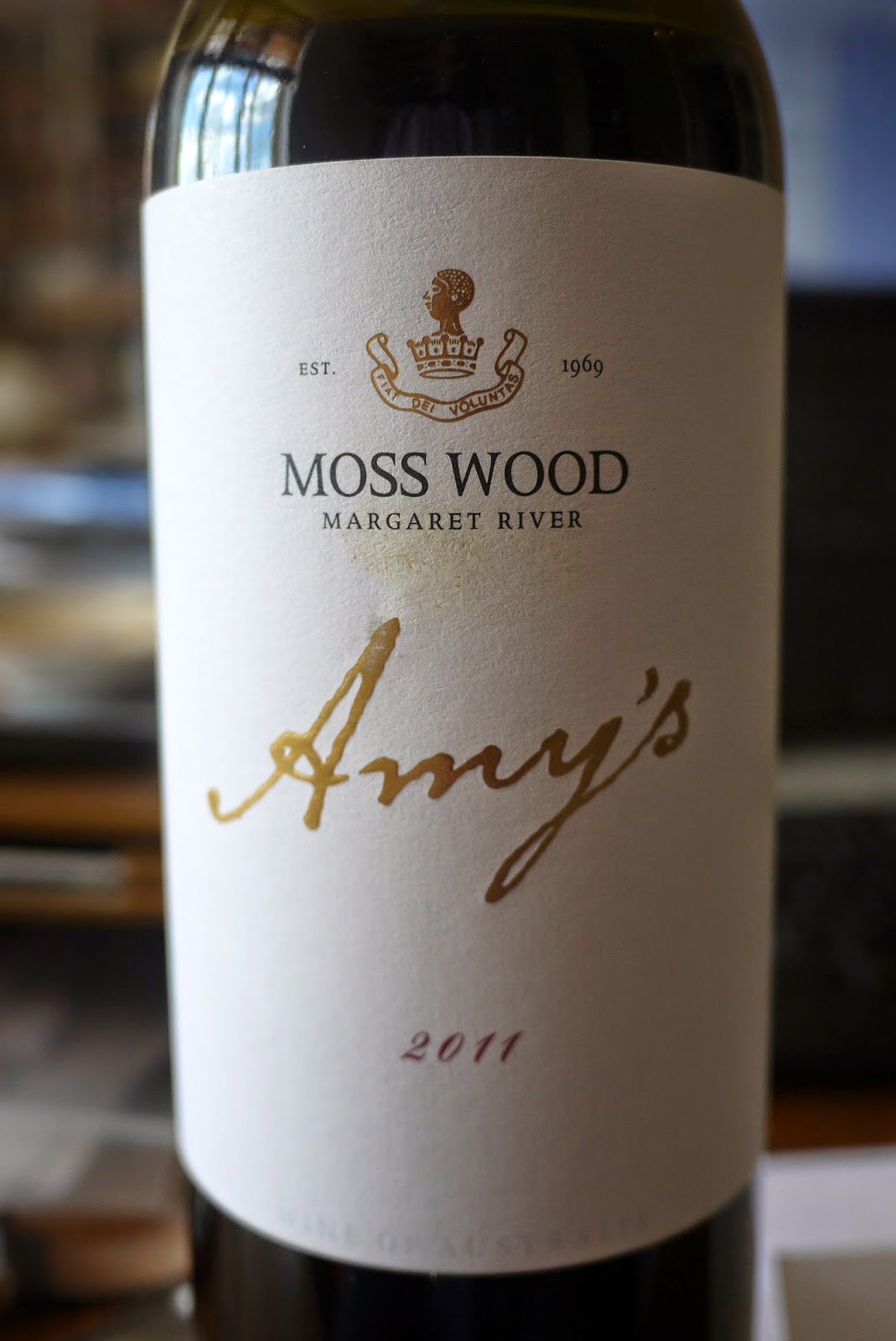Up The Apples & Pears

There is, it seems a basic rule of thumb when it comes to food and drink. Small and artisan = good. Big and mass-produced = bad. I'm as guilty as anyone of making this assumption although I really should know better. Having judged at the Great Taste Awards this year, there is a lot of proof out there that, actually, thousands of small artisan producers wouldn't know a decent product if it fell on them.
I particularly remember a pie that looked astonishing and tasted of nothing. The person who produced it had brought it in specifically to make sure that the judges got the best out of it, and issued very specific instructions on how it should be cut and served. It looked fabulous: thick, crusty, generous layers of meats and apricots and stuff that, together, should have worked. It tasted of nothing. It might, as the label stated, count "love" as one of its ingredients (no, really) but they should take the love out and slap in some decent ingredients instead. Besides, is it just my schoolboy sense of humour, or does everybody get the same slightly unnerving mental image about adding love to a pie?
I recently had further proof that mass-produced is not inherently evil with a trip to Magners. One of the huge drinks successes of recent years, Magners Cider has become about as ubiquitous as a drink can be. While I'm not convinced by the "over ice" thing - because watering down isn't exactly what I'm looking for with an alcoholic beverage - it's a decent product: good apple flavour, not sickly sweet and not too mad on the alcohol front. Had you asked me to compare it to some tiny cider maker's scrumpy, I'd have probably done the "expected" foodie thing and sided with the small producer because hey, small = passionate and mass production = evil, right?
Ask me now though, and I'd probably go with the Magners. It's not, as some have suggested, corporate brainwashing. It's because actually, a lot of scrumpy-style cider isn't particularly pleasant. It's like the old Sam Smith's joke: it's cooking cider. Magners has done well because it's a pleasant drink and, actually, their philosophy isn't so different from your common-or-garden artisan producer.
It was, basically, a fascinating trip. We started at the original "factory", a slightly ramshackle arrangement in a little side street in Clonmel. Apples were delivered to the apple yard, pressed, and the juice placed in large maturing vats where the natural yeasts in the apples mean the juice will ferment for a year or more. Fruit juice, yeast, time: as our guides explained, cider is really apple wine.
Since those 1930s origins though, the company has expanded somewhat. The original site is now a curiosity, with the new multi-acred site outside Clonmel the real hub. However, while it's been expanded to a vast scale - we're talking vats containing millions of gallons - the principles are exactly the same. What you get in a bottle of Magners now is essentially the same as you'd have got back in the day.
And I mean that quite literally. A PhD student spent a number of years looking at thre original vats and isolating hundreds of different yeasts that had developed over time, studying what they brought to the cider, from colour to flavour. They've now grown six strains of yeast from these original samples which are used to make the cider. The rest - apple juice and time - is as it's always been.
It was a fascinating day, from now knowing the answer to the question "what does 30 tonnes of apples falling into a pit sound like?"

to watching the quite brilliant bottling and packing machines do their thing.

Remember those "through the round window" clips on Playschool? It was like one of those only real. I also got the chance to try Magners as it came through the filtering process at a whopping 11%.

The verdict? That's the point you realise it is apple wine.
Another enlightening moment came with a direct comparison with Kopparberg. I've had a lot of cider-drinking friends tell me that this "premium" Swedish product is the real McCoy. It really isn't. It's made from concentrated apple juice and tastes like pear drops, oh and that premium label? Doesn't mean a thing. You can call it whatever you want, within reason.

The Koppaberg, for the record, is the insipid looking one on the left.
Most interesting? Watching the Magners staff interact. Everyone seemed to know each other, and everyone seemed genuinely connected to and passionate about the product. Two guys even came out of retirement to show us the original site. One of them had even helped build the original vats and was a friend of the original Mr Magner. It might be a huge venture these days but that small scale passion is still very evident.


Comments